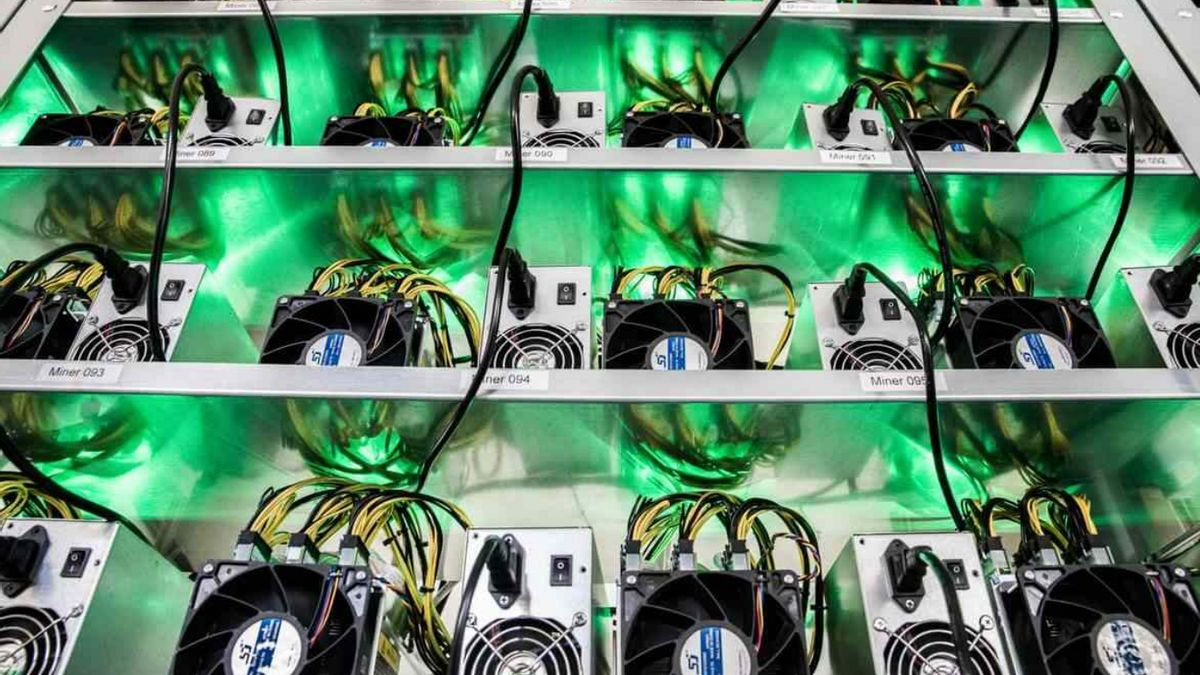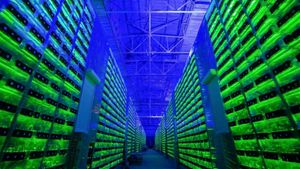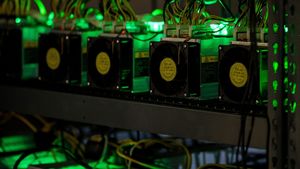JAKARTA - Paraguay, one of the Latin American countries, is taking firm steps to combat illegal Bitcoin (BTC) mining. In contrast to the previously proposed total ban approach, the Paraguayan government plans to impose a prison sentence of up to 10 years for rogue miners.
This move is a serious effort to protect the country's valuable electrical resources from the exploitation of illegal Bitcoin miners. This illegal mining is known to have massively drained electric power, caused distribution disruption and was detrimental to the general public.
Protect National Energy
"The government has sent a bill to parliament to take firm action against illegal Bitcoin miners," said Paula Carro, spokesman for the Paraguay president. The bill not only imposes a maximum prison sentence of 10 years, but also allows the confiscation of mining equipment such as electric transformers, ASIC machines, and others.
Carro insists that the bill is prioritized because "the main goal is to protect the National Electricity Administration (ANDE) from the threat of massively draining power from illegal Bitcoin mining." These illegal mining have limited resources, disrupted distribution, and even caused power outages in some areas.
Paraguay's efforts to combat illegal Bitcoin miners are not a figment. In September 2023, the country fined a Bitcoin miner USD 5,000 (around IDR 80 million) for unlisted power consumption and ADE's intervention costs. In March 2024, Paraguay successfully handed down the first legal verdict against two Bitcoin miners and then closed an illegal mining facility that spent USD 1.3 million (approximately IDR 20.8 billion).
SEE ALSO:
Ban Bitcoin Mining Can Lose Paraguay
Initially, Paraguay's lawmakers proposed a more extreme bill, namely prohibiting all Bitcoin mining in the country for 180 days or until new regulations were enacted. However, it is feared that this proposal will have a negative impact on the country's economy.
According to Jaran Mellerud, co-founder and mining strategist at Hashlabs Mining, a Bitcoin total ban could cost Paraguay more than $200 million (approximately IDR 3.2 trillion) annually. This is because Bitcoin miners can officially generate significant revenue for ADE through excess energy sales.
These legal Bitcoin miners buy excess energy from ADE at lower prices, helping to increase state financial income and stability.
Realizing this economic potential, Senator Salyn Buzarquis submitted a declaration highlighting the economic benefits of excess energy sales to licensed miners. Currently, 45 licensed Bitcoin miners in Paraguay are making US$48 million (around Rp768 million) for ADE. This figure is projected to increase to US$125 million (around Rp2 trillion) next year if miners increase their capacity.
On April 10, the Paraguay Senate approved Buzarquis' declaration, paving the way for more balanced regulations and enabling legal and sustainable Bitcoin mining, as well as protecting national energy resources.
The English, Chinese, Japanese, Arabic, and French versions are automatically generated by the AI. So there may still be inaccuracies in translating, please always see Indonesian as our main language. (system supported by DigitalSiber.id)













